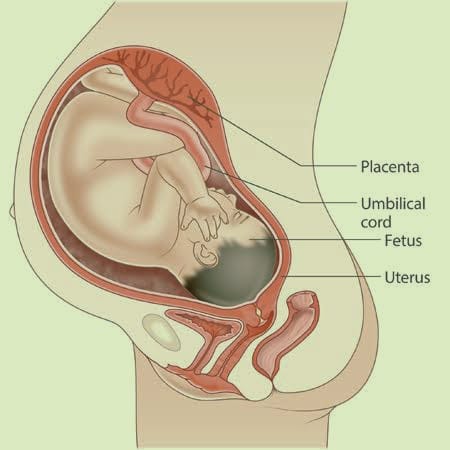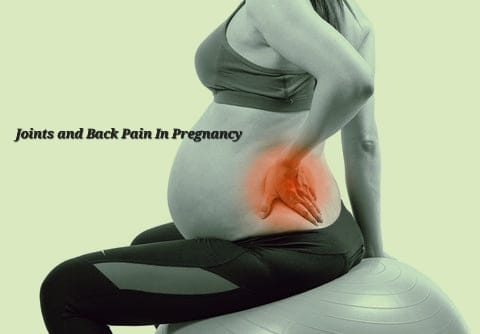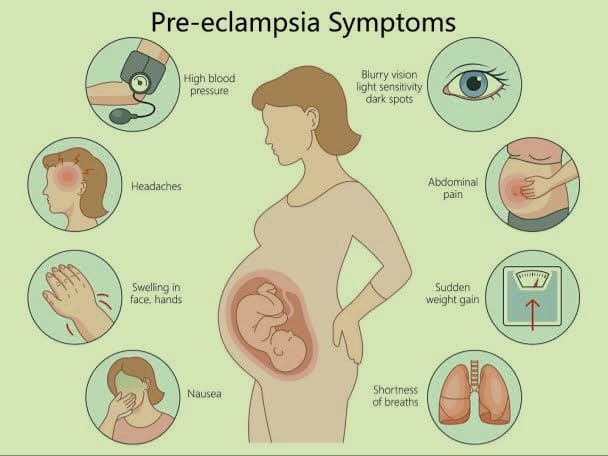Breathing Exercises and Pregnancy
During pregnancy, breathing exercises can improve your health and prepare you for labor. You can incorporate these simple activities into your regular routine to benefit both physically and mentally during pregnancy. Pregnant women can practice various breathing techniques to help them relax. These are some of the most commonly used breathing exercises for a comfortable pregnancy.
- Deep Breathing
Calming your mind and body with deep breathing is highly recommended. A deep breath is one in which you take a deep breath and hold your breath for a short period of time. Then, as you slowly exhale, your muscles begin to relax. To begin the deep breathing exercises, place your hands on your hips and stand with your feet shoulder-width apart. Breathe in deeply through your nose, trying to fill your lungs completely. Then slowly exhale through your lips. Repeat this deep breathing technique, ten times.
- Shallow Breathing
Shallow breathing helps your lungs expand more effectively when practiced between deep breaths. Continue this process for one minute as you prepare to take deep breaths again.
- Relaxation Breathing
Place a pillow between your legs to support yourself when you lie on your left side. Place one hand on your stomach and the other on your chest, keeping them there. Take long breaths and feel your belly rise and fall. Try to relax your body as you exhale.
- Visualization Breathing
Preparation for pregnancy and labor can be greatly enhanced by engaging in visualization exercises. You can prepare your body and mind for the experience by watching yourself go through each stage of pregnancy and childbirth. First, choose a comfortable place to sit or lie down. After closing your eyes, take several deep breaths. Then, start experiencing each stage of pregnancy one by one. As your unborn baby grows inside you, feel strong and healthy.
Conclusion
If you have any underlying medical concerns, it is extremely important to talk to your healthcare professional before starting any new exercise or breathing exercises during pregnancy. Taking into account your unique needs and medical background, they can offer tailored advice.
Tips for Better Breathing and Lungs Health
- Regular Exercise
When you exercise, your heart and lungs have to work harder to deliver more oxygen. Engaging in regular physical activity not only strengthens your heart but also your lungs. With continued activity, one reason you’re less likely to have dyspnea is because your body becomes more adept at moving oxygen from the bloodstream to working muscles.
- Maintain Proper Posture
Make sure your head is up and your shoulders are back when you stand up straight. To lift your chest, picture a straight line connecting your sternum to the sky.
- Deep Breathing Practice
To increase lung capacity and increase oxygen flow, engage in deep breathing exercises. Particularly helpful breathing techniques are diaphragmatic and pursed-lip breathing.
- Stop Smoking
Stop smoking (and stay away from second-hand cigarettes). If you already use tobacco products, the fastest strategy to improve lung health is to stop smoking. Inhaling cigarette smoke makes breathing more difficult because it narrows the airways. The longer a person smokes, the more likely they are to develop COPD, which includes emphysema and chronic bronchitis, as well as lung cancer and pulmonary edema. Breathing in secondhand smoke can also result in other problems, including chronic disease and respiratory infections.
- Managing Stress
Relax your body and release tension in your respiratory muscles by engaging in stress-reducing practices like deep breathing, meditation, or prenatal yoga.
- Eat a Balanced Diet and Stay hydrated
Your body uses food as fuel, and when that happens, only your lungs can support the process of metabolism—which turns food into energy with the help of oxygen. No one food will provide you with all the nutrients you need. When you drink water, breathing becomes easier because it thins the mucus layer on your lungs and airways. On the other hand, symptoms of dehydration include thickened and sticky mucus, which can worsen allergies and increase the risk of illness in addition to slowing breathing.
- Speak with Your Healthcare Provider
See your healthcare provider right away if you experience any unusual symptoms, such as a cough or chest pain or shortness of breath. They are able to advise and guarantee that any underlying issues will be dealt with appropriately.







